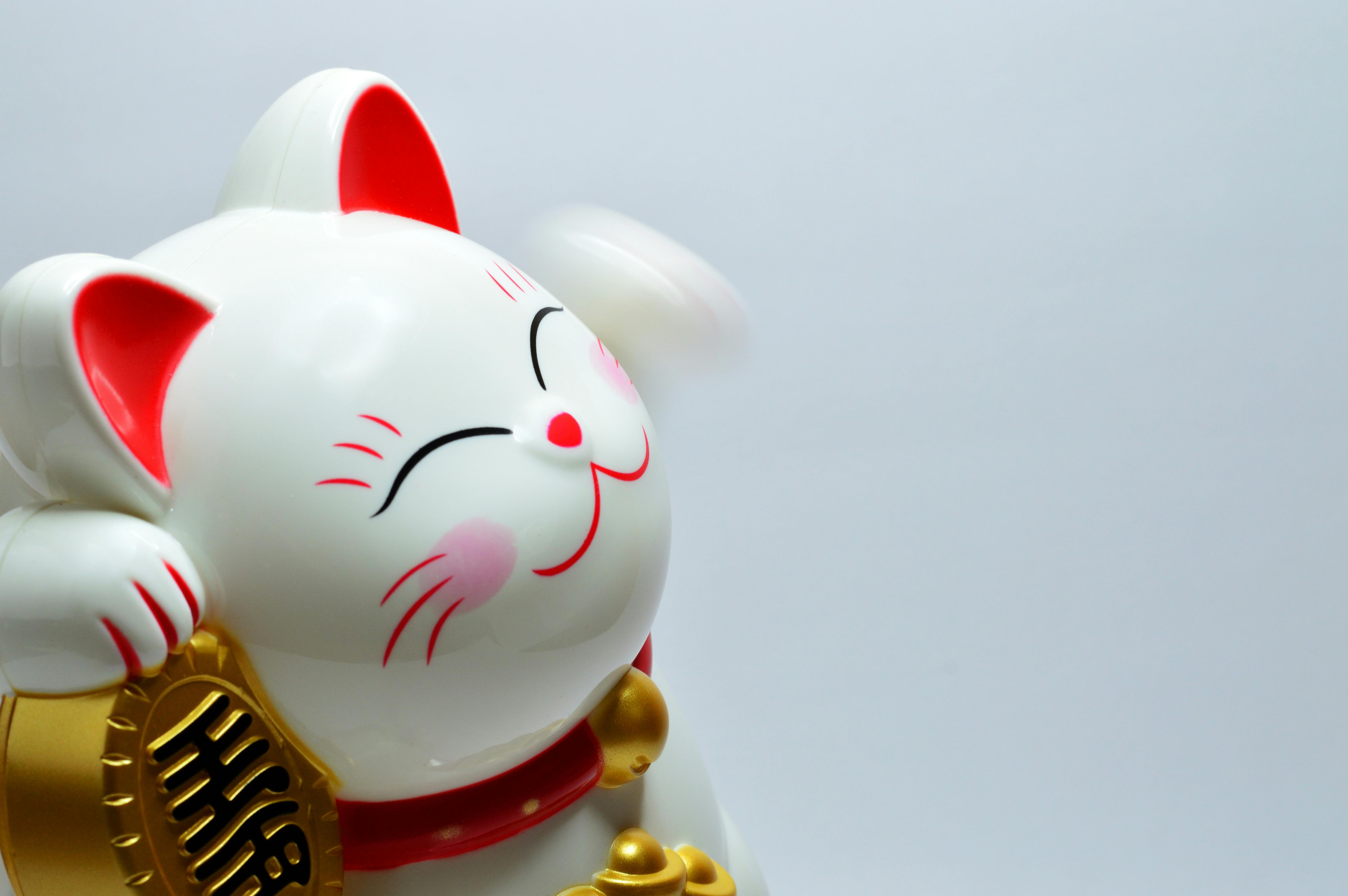What Are the Benefits of Distilled Vinegar?
Distilled vinegar, or white vinegar, is a common household item that can be used for cleaning, cooking, and other purposes. It has many health benefits due to its acetic acid content. Acetic acid helps to regulate pH levels in the body and has been linked to lower cholesterol levels and improved heart health. It may also help protect against certain types of cancer, although more research is needed in this area. Additionally, distilled vinegar can help reduce inflammation in the body’s cells. This can help reduce symptoms of arthritis and other inflammatory conditions.Distilled vinegar also has antibacterial properties that make it useful for cleaning. It is often used as an all-purpose cleaner for countertops and bathrooms because it kills bacteria without leaving behind harmful chemicals. It can also be used as a fabric softener when added to laundry detergent or fabric softener sheets because it helps reduce static cling and make clothes feel softer.Finally, distilled vinegar can be used to make pickles and other foods that require a sour flavor. The acetic acid in the vinegar helps preserve food longer than other types of pickling ingredients such as lemonHow Is Distilled Vinegar Used in Cleaning?
Distilled vinegar is a versatile and natural cleaning product that can be used to clean many surfaces in the home. It has a mild acidity that helps to break down dirt, grease, and grime. It is also a disinfectant, killing up to 99 percent of bacteria, viruses, and mold spores. Distilled vinegar can be used to clean kitchen counters, appliances, sinks, toilets, showers, windows and floors. It can be used on glass surfaces without leaving streaks or smears. It is also effective at removing soap scum from bathroom surfaces. To use it for cleaning, simply mix one part distilled vinegar with one part water in a spray bottle and use it to spray the surface you wish to clean. Wipe the surface with a damp cloth or sponge to remove dirt and grime. Rinse the area with warm water afterwards if desired. For tougher stains or odors you may need to increase the concentration of distilled vinegar in your mixture or use it full strength.Versatility of Distilled Vinegar in the Kitchen
Distilled vinegar is a kitchen staple with many versatile uses. It is a great ingredient to have on hand for cleaning and cooking! Whether you are looking for a natural cleaning solution or an easy way to add flavor to your dishes, distilled vinegar can be used in a variety of ways. Here are some of the ways you can use distilled vinegar in the kitchen:Marinades and Salad Dressings
Distilled vinegar is often used as an acid ingredient in marinades and salad dressings. The acidic nature of the vinegar helps to tenderize meat and infuse flavor into vegetables. You can mix it with oil and herbs to create flavorful marinades or use it as a base for various dressings.Pickling
Pickling is an excellent way to extend the shelf life of fruits and vegetables while adding flavor. Distilled vinegar is one of the main ingredients in pickling recipes, as it helps in preserving foods by killing bacteria and curbing mold growth. It also helps create a slightly sour flavor that picklesTypes of Dishes Cooked With Distilled Vinegar
Distilled vinegar is a pantry staple used to add an acidic flavor to many dishes. It is made by fermenting the ethanol in alcohol, such as wine or cider, to acetic acid. This vinegar is used in a wide variety of recipes; some popular dishes that can be cooked with distilled vinegar include marinades, salad dressings, sauces, chutneys, and pickles.Marinades
Marinades are one of the most popular uses for distilled vinegar. The acidic nature of the vinegar helps break down proteins in meat, making it tender and flavorful. A simple marinade can be made by combining equal parts oil and distilled vinegar with herbs and spices such as garlic, onion powder, oregano, paprika and salt.Salad Dressings
Salad dressings are another popular use for distilled vinegar. A basic vinaigrette dressing can be made by combining equal parts oil and distilled vinegar with desired seasonings such as garlic powder, Dijon mustard or honey. This dressing
Using Distilled Vinegar to Preserve Food
Distilled vinegar is a common kitchen ingredient that can be used for a variety of purposes, including preserving food. Vinegar has been used for centuries as a natural preservative and has been found to be effective in killing bacteria, mold, and other microorganisms that can cause food spoilage. It is also a great way to extend the shelf life of certain foods without using artificial preservatives or other chemicals.When using distilled vinegar to preserve food, it is important that you use the correct ratio of vinegar to water. Generally speaking, a ratio of 1 part vinegar to 4 parts water is usually sufficient for most types of food preservation. You will also want to make sure that the food you are preserving is completely submerged in the vinegar and water mixture. This will help ensure that all surfaces of the food are properly exposed to the vinegar and its preservative properties.
It is also important to use fresh distilled vinegar when preserving foods. Vinegar can lose its potency over time, so it is best to purchase new bottles each time you need to preserve something. Additionally, it
Distilled Vinegar in Beauty Treatments
Distilled vinegar is a popular ingredient in many beauty treatments. It can be used to cleanse, exfoliate, and condition the skin and hair. Distilled vinegar is also known to help reduce inflammation, remove oil buildup, and unclog pores. It can be used as an astringent to tighten and tone the skin. Because of its natural antiseptic properties, distilled vinegar can also be used to treat acne and other skin conditions. Additionally, it can be used as a natural hair conditioner to add shine and volume.Distilled vinegar is easy to use in beauty treatments. To cleanse the skin, mix equal parts of distilled vinegar with water and apply it directly to the face with a cotton ball or pad. To exfoliate the skin, mix one part distilled vinegar with three parts water and apply it directly to the face using a gentle circular motion. To condition the hair, mix equal parts of distilled vinegar with water in a spray bottle and spritz onto damp hair before styling. Distilled vinegar can also be added to bathwater for an extra boost of cleansing power.
Can I Use Distilled Vinegar for Household Cleaning if I Have Dogs?
Using distilled vinegar for household cleaning can be a safe option for homes with dogs. It effectively removes odors and stains while being non-toxic. However, it’s essential to ensure proper ventilation and avoid excessive exposure, as distilled vinegar and dog safety should always be a priority during cleaning.
Are There Any Health Benefits to Using Distilled Vinegar?
Distilled vinegar, also known as white vinegar, is a natural disinfectant and deodorizer with many uses around the home. It also has some potential health benefits that have been studied in recent years. The most common type of distilled vinegar used for health benefits is made from apples or grapes. It is important to note that some of the potential health benefits of using distilled vinegar have not been thoroughly researched yet and more studies need to be done to confirm these effects.One potential benefit of using distilled vinegar is its ability to reduce cholesterol levels in the body. Studies have shown that consuming a small amount of this type of vinegar each day can help reduce cholesterol levels and improve heart health. Additionally, some research indicates that distilled white vinegar may help regulate blood sugar levels in people with diabetes or prediabetes. It is thought that the acetic acid in white vinegar helps to slow down the digestion of starches and sugars, thereby helping to keep blood sugar levels stable after meals.
Another potential benefit of using distilled white vinegar is its ability to aid digestion and reduce bloating

Conclusion
Distilled vinegar is a useful ingredient to have in your home. It is a natural cleaning agent, can be used for personal care and health benefits, and can also be used as a food preservative and condiment. It is important to note that distilled vinegar should not be consumed undiluted, as it can cause serious damage to the body. By following these simple tips, you can make sure that you get the most out of distilled vinegar in a safe and efficient manner.Overall, distilled vinegar is an incredibly versatile product with many uses that make it an essential item for any pantry or home. Whether you are looking for a natural cleaning solution or an ingredient to add flavor to your meals, distilled vinegar is an excellent choice.

